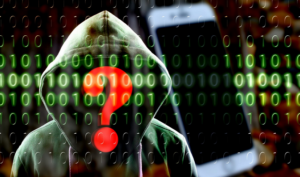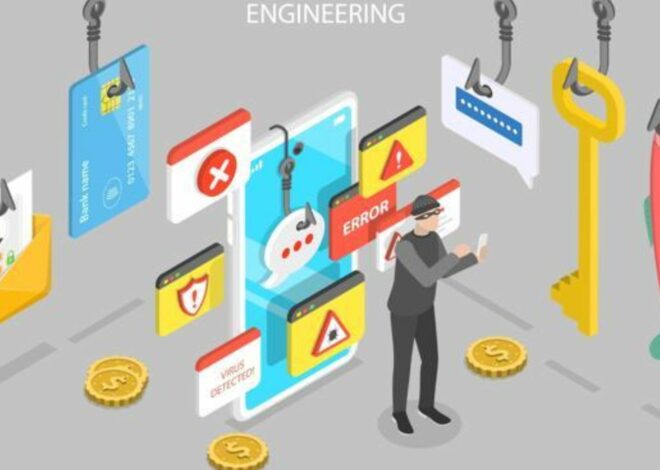
Exploring the Psychological Impact of Ransomware
In the digital realm, where ones and zeros dance through cyberspace, a sinister threat lurks – ransomware. This malicious software has evolved beyond its technical implications to cast a grim shadow on the minds and emotions of its victims. In this blog post, we delve into the harrowing psychological impact of ransomware, understanding the trauma and anxiety it leaves in its wake.

The Shock of Invasion
The first encounter with a ransomware attack is akin to a sudden intrusion into one’s personal space. The victim is often caught off guard, experiencing a whirlwind of emotions ranging from shock to disbelief. The invasion of privacy, the violation of security, and the abrupt loss of control can evoke feelings of vulnerability and fear.
Victims grapple with a sense of helplessness, their digital lives compromised, and personal files held hostage. It’s akin to finding your home ransacked, with cherished possessions stolen or held at ransom. The emotional toll of this violation can be immense, leaving scars that aren’t easily visible but deeply felt.
The Anxiety of Loss
In the aftermath of a ransomware attack, victims experience profound anxiety regarding the potential loss of their critical data. Whether it’s personal memories captured in photos, crucial work documents, or sensitive financial information, the fear of losing access to these files instigates a state of distress.
Anxiety amplifies as victims grapple with the decision of whether to pay the ransom to retrieve their data or take a stand and risk permanent loss. The perpetual uncertainty about the fate of their files creates a constant state of distress and can even extend to affect their physical well-being.
The Dilemma of Compliance
The ransomware dilemma often presents victims with a moral and ethical conundrum. Compliance with the attacker’s demands might promise data retrieval, but it comes at a high cost – funding criminal activities and perpetuating a cycle of cyber extortion. This ethical struggle exacerbates the psychological impact, adding guilt, shame, and self-blame to the already overwhelming emotional burden.
Victims find themselves torn between their desire to regain control of their data and their conscience telling them that paying the ransom is not the right path. The internal conflict amplifies the psychological strain, leaving them trapped in an emotional rollercoaster with no clear exit.
The Paranoia of Future Attacks
The trauma of a ransomware attack extends its dark tendrils into the future, fostering a sense of perpetual paranoia. Victims, even after the incident is resolved, live with the constant fear of another cyber assault. The once comfortable digital realm transforms into a potential battlefield, and trust in technology is shattered.
Every suspicious email, unfamiliar link, or unexpected file upload becomes a trigger for anxiety, reminiscent of the past attack. The psychological trauma endured during the initial attack continues to haunt me, manifesting as a continuous fear of re-victimization.
The Financial Toll
The financial burden of a ransomware attack is significant and contributes to the psychological toll. Beyond the ransom itself, victims often have to invest in cybersecurity measures, expert consultations, and potential legal proceedings. This financial strain can result in a constant worry about stability and future security.
The Isolation and Shame
Victims of ransomware attacks frequently find themselves battling a profound sense of isolation and shame. They may hesitate to share their experiences with others due to fear of judgment.
The Importance of Seeking Support
Acknowledging and addressing the psychological impact of a ransomware attack is crucial for the well-being of the affected individuals and organizations. Seeking professional help, such as counseling or therapy, can provide a safe space to navigate the complex emotions and trauma associated with such cybercrimes.
Support groups and communities can also be invaluable, offering a platform to share experiences, insights, and coping strategies.
Conclusion
In the digital realm, where threats often remain concealed behind screens and codes, the psychological impact of ransomware stands as a stark reminder of the human cost of cybercrime. This exploration has revealed the deep-rooted emotions—shock, anxiety, and distrust—that victims grapple with, underscoring the urgency to address this often unseen aspect of cyber threats. The journey to healing and resilience begins with acknowledging these emotions, seeking support, and fortifying our digital defenses.


